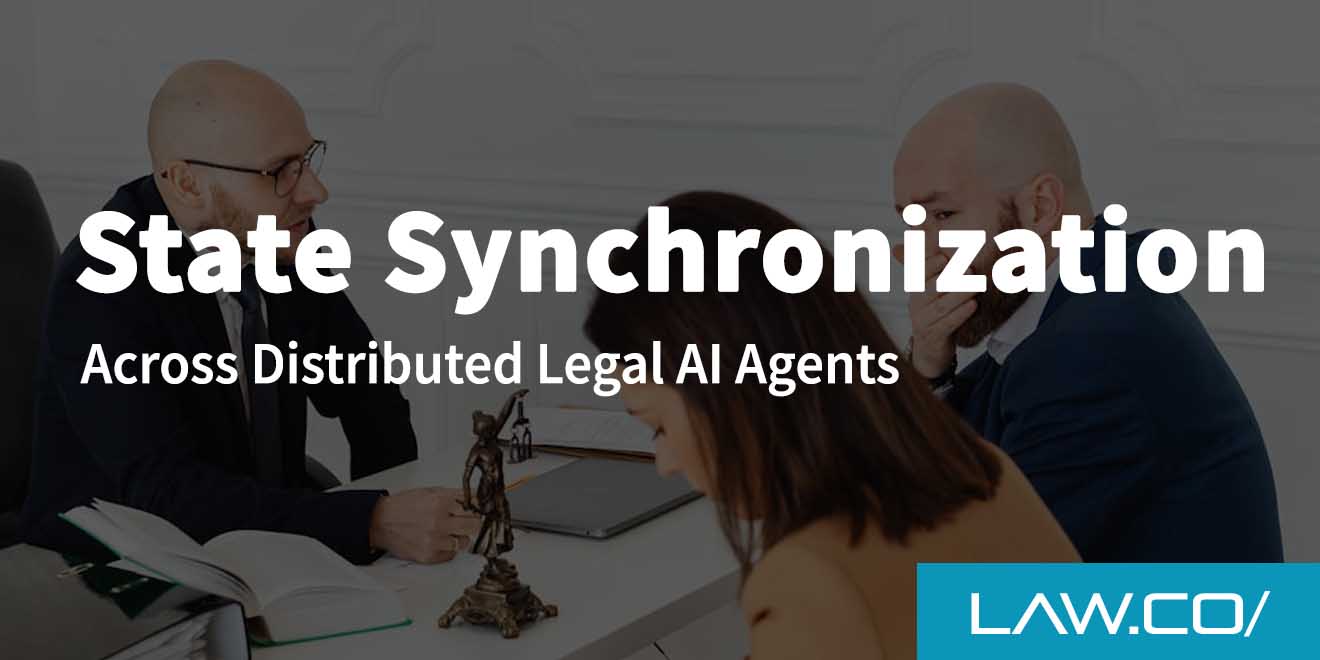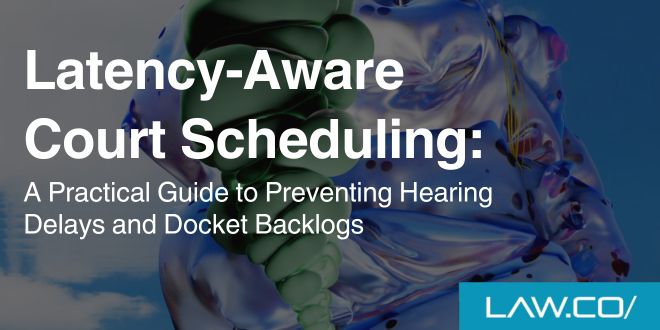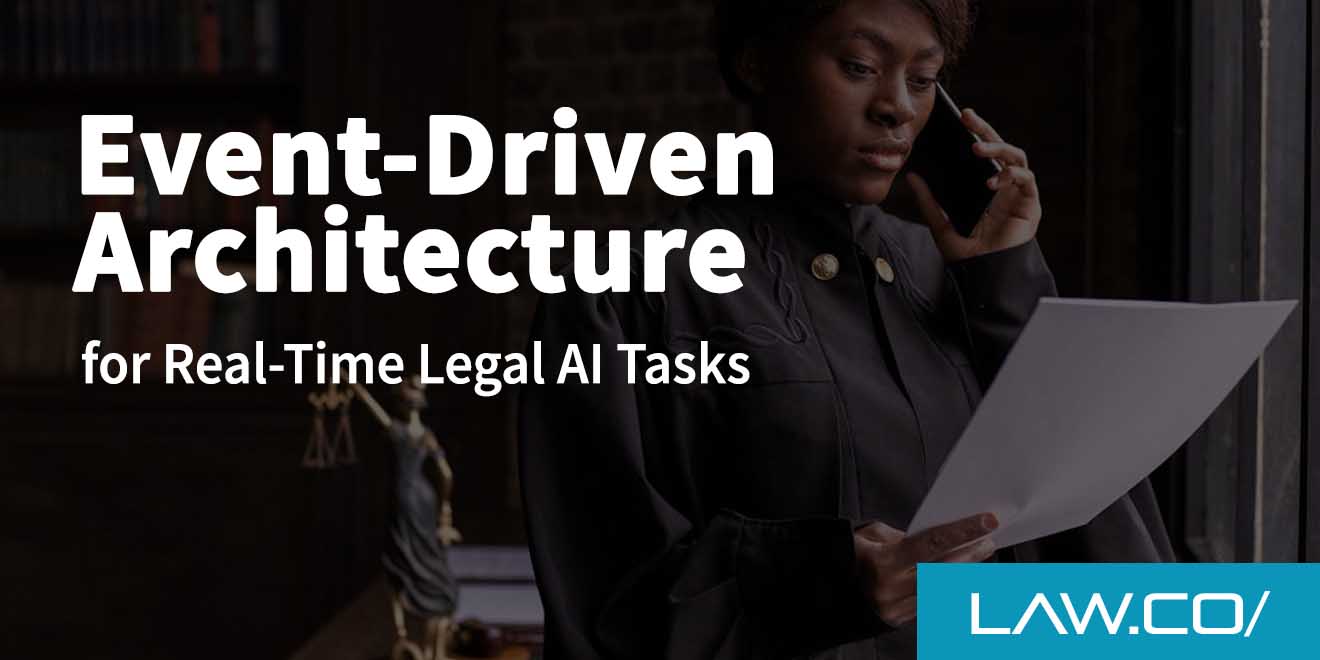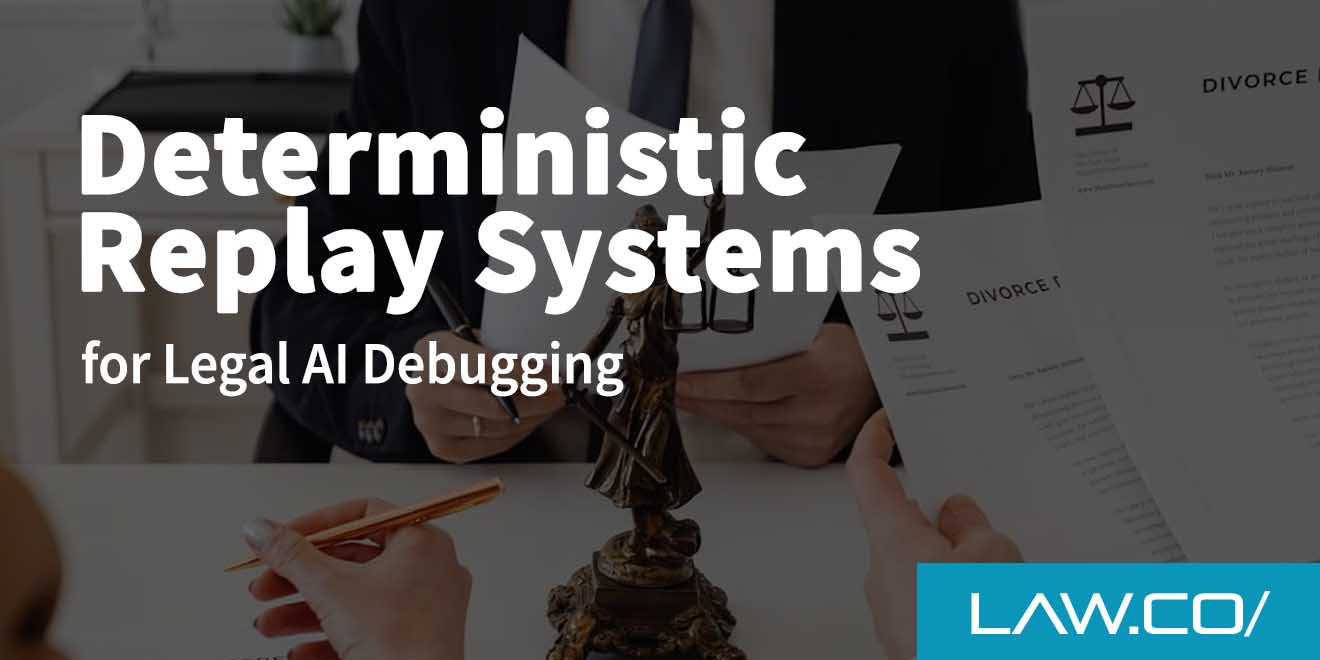

Can You Use AI to Draft NDAs, Employment Contracts, and Contractor Agreements?
As an employment lawyer, you'll likely be responsible for a wide range of responsibilities, including drafting and distributing contracts and other documents related to your workers. For example, you may be responsible for creating non-disclosure agreements (NDAs), employment contracts, and independent contractor agreements.
Many of these documents are going to be somewhat standard, but it's still your responsibility to make sure they're legally adequate for your company's goals and within the bounds of the law. On top of that, you may need to update these documents regularly with new information and new terms.
It's also possible that you're reading this as a small business owner or HR manager, or some other authority responsible for putting these documents together without legal counsel. Although this isn't advisable from a legal protection perspective, you'll likely find this article helpful regardless.
Is it a good idea to draft your NDAs, employment contracts, and contractor agreements with AI?

Why Use AI for Legal Document Drafting?
Why would you use AI for legal document drafting in the first place?
Legal AI tools have advanced significantly in the last few years. Thanks in part to an explosion in conversational AI, lawyers and other legal professionals now have access to sophisticated products that can help them summarize complex documents, review documents for accuracy and clarity, and even draft new documents from scratch.
The benefits are multifaceted and significant:
Time savings
Legal AI is so powerful in terms of saving time that it’s reshaping the entire industry. Documents that would take a trained professional hours of intensive effort now take only minutes to generate. Even if those documents aren't perfectly accurate or perfectly reliable, they can still save you hours of time. And if you need to do research to make sure you thoroughly understand the issues at play when drafting these documents, legally I can help you with that too, accelerating your searches and connecting you to better results.
Cost savings
Many law firms and businesses turn to legal AI because it helps them save money. Instead of paying additional lawyer fees or taking on new costs every time you need to make a change to your existing contracts, you can use a relatively inexpensive AI tool to handle things on your behalf.
Consistency
Legal AI is also powerful in terms of consistency. Good lawyers have a meticulous eye for detail, and they're not going to make simple mistakes or draft documents that are inconsistent in terms of tone and scope. But AI has the potential to take things to the next level, providing extremely consistent work across tasks and disciplines.
Easy changes
Another advantage of AI tools is that they make it easy to make modifications. If you already have employment contracts in place and you're not sure if a specific clause is present or what it says, you can run it through AI to find it easily. If it's not there, AI can help you draft a new component or make changes to what's already in place.
Revision and review
With the help of legal AI, you can review and revise your elements quicker as well. It's often a good idea to have a human lawyer review all your employment documents for accuracy, legal protection, and clarity, but it never hurts to have an extra set of eyes – especially when that set of eyes belongs to a sophisticated machine that specializes in producing accurate documents.
NDAs, Employment Contracts, and Contractor Agreements
NDAs, employment contracts, and contractor agreements are particularly suited for AI generation and AI review. These documents do require effort, but they're often derived from templates and they follow a boilerplate formula. Even if you want to add or modify certain clauses, most of your documents here are going to follow the same skeletal framework and contain some very familiar language.
As an attorney, it's time-consuming and repetitive to go over these documents with a fine-toothed comb. And it's not the most exciting thing to draft new ones from scratch. Legal AI can not only spare you from these redundant responsibilities, but when used responsibly, they can save you a lot of time and even improve the quality of your final output.
The Limitations of AI Document Drafting
That said, there are some limitations associated with drafting these types of documents.
AI hallucinations
AI hallucinations are, like human hallucinations, manifestations that are incongruent with reality. In rare cases, legal AI may fabricate facts that aren't aligned with the truth or ideas that come from nowhere. AI developers aren't exactly clear on how or why AI hallucinations emerge, and they do seem to be infrequent. However, it's vital to recognize that not everything your AI engine comes up with is going to be derived from something reliable.
Factual errors
AI is also capable of getting things wrong. It may include clauses in your employment documents that either aren't binding or aren't legal. It may make claims about your company that aren't true. As with AI hallucinations, it's your responsibility as a legal AI user to understand that these errors are a possibility and scout for them before finalizing any of your documents.
Biases
It's somewhat well known that AI tools suffer from a variety of biases, inheriting them from their developers. It's hard to track down the exact scope and nature of these biases, but you need to be aware of them if you're going to properly account for them.
Deviations from prompts
Skilled prompt engineers are capable of feeding legal AI tools exactly the right materials and questions to get the output they want. However, it's entirely possible for legal AI to deviate from those prompts, going against the user’s wishes or bringing in additional clauses and materials that aren't necessary nor wanted. When these deviations are noticeable, they're a bit annoying. When they're unnoticeable, they can undermine the integrity of your finished work.
Boilerplate language
Legal AI heavily relies on existing examples for its drafting work, especially for boilerplate documents like NDAs, employment contracts, and contractor agreements. In some ways, this keeps the content it generates somewhat safe and contained. But this can also introduce risks, such as the possibility of including language that isn't appropriate for your needs or your jurisdiction. Don't assume that your legal AI is going to generate content perfectly compliant with your vision.
Transparency and ethical concerns
The ABA has issued some formal guidance on the use of AI tools, but there are still many ambiguities that need to be explored. As a lawyer, it's your responsibility to practice transparency and use legal AI in ethical ways – even if we’re still figuring out exactly what that means.
Balancing the Risks: The Right Way to Use Legal AI to Draft Employment Documents
So how do you extract the full value of legal AI tools without jeopardizing the integrity of your work or dealing with some of the weaknesses and limitations of legal AI?
The answer is to balance the risks and rewards. You can start by shopping for the right legal AI tool. Some tools are more reliable than others, offering less susceptibility to AI hallucinations and much more consistency in drafting.
Once you have the right tools in place, consider still working with human attorneys with experience in these types of documents. AI is solid, but it is imperfect, so when paired with a human lawyer, you'll get the best of both worlds.
The most important thing to remember is that you need to double check and verify everything that your legal AI engine generates. Treat it like a first draft that requires additional rounds of revision and review. Do this, and you'll be able to save a lot of time and money while simultaneously ensuring your work is free of errors.
The Short Answer
The short answer here is that AI is perfectly suitable for assisting with the drafting of employment documents like NDAs, employment contracts, and contractor agreements. However, this isn't a perfect technology, and it needs to be used responsibly. That means working with human lawyers, instating checks and balances, using the right tools, and acknowledging the limitations of AI.
With the right AI tools, your law firm or other organization could greatly increase its own productivity. That's one reason why we’ve spent the last few years developing and polishing one of the best legal AI tools on the market.
Interested in learning more? Contact us today!

%201.svg)










